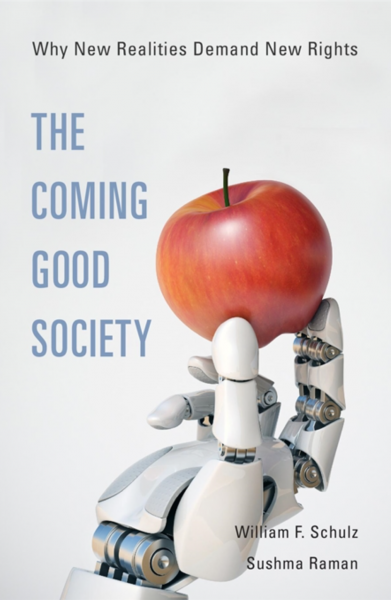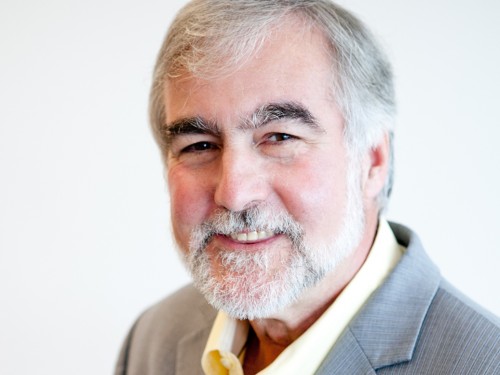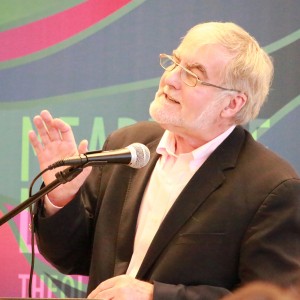New Book from Rev. Dr. Bill Schulz
 A new book by Rev. Dr. Bill Schulz, DMin '75, DD '87, co-authored with Sushma Raman, his colleague at the Carr Center for Human Rights Policy at Harvard’s Kennedy School of Government, is now available.
A new book by Rev. Dr. Bill Schulz, DMin '75, DD '87, co-authored with Sushma Raman, his colleague at the Carr Center for Human Rights Policy at Harvard’s Kennedy School of Government, is now available.
As the world changes around us, rights hardly imaginable today will come into being.
A rights revolution is underway. Today the range of nonhuman entities thought to deserve rights is exploding—not just animals but ecosystems and even robots. Changes in norms and circumstances require the expansion of rights: What new rights, for example, are needed if we understand gender to be nonbinary? Does living in a corrupt state violate our rights? And emerging technologies demand that we think about old rights in new ways: When biotechnology is used to change genetic code, whose rights might be violated? What rights, if any, protect our privacy from the intrusions of sophisticated surveillance techniques?
Drawing on their vast experience as human rights advocates, William Schulz and Sushma Raman challenge us to think hard about how rights evolve with changing circumstances, and what rights will look like ten, twenty, or fifty years from now. Against those who hold that rights are static and immutable, Schulz and Raman argue that rights must adapt to new realities or risk being consigned to irrelevance. To preserve and promote the good society—one that protects its members’ dignity and fosters an environment in which people will want to live—we must at times rethink the meanings of familiar rights and consider the introduction of entirely new rights.
Now is one of those times. The Coming Good Society details the many frontiers of rights today and the debates surrounding them. Schulz and Raman equip us with the tools to engage the present and future of rights so that we understand their importance and know where we stand.
Dr. Schilz says, "The book addresses what rights may look like a generation from now. Though it was written before the COVID-19 pandemic, many of the prospective rights we describe, such as the right to privacy in the face of growing technological threats or the right to health in an age of gene editing, are highly relevant to our current crisis, particularly for historically disenfranchised communities. And after this crisis is past, whenever that may be, other emerging issues arising from such new developments as non-binary understandings of gender or the rights of animals, robots and Nature itself will still be with us."
The book is available on the Harvard University Press website.

Rev. Dr. William Schulz
Rev. Dr. William Schulz is currently a Senior Fellow at the Carr Center for Human Rights Policy at Harvard’s Kennedy School of Government. He retired from teaching as an Affiliated Faculty member at MLTS in January 2020. A Unitarian Universalist minister, Bill was President of the Unitarian Universalist Association (UUA) from 1985-1993; Executive Director of Amnesty International USA from 1994-2006; and President of the Unitarian Universalist Service Committee (UUSC) from 2010-2016. He is now President Emeritus of UUSC.

